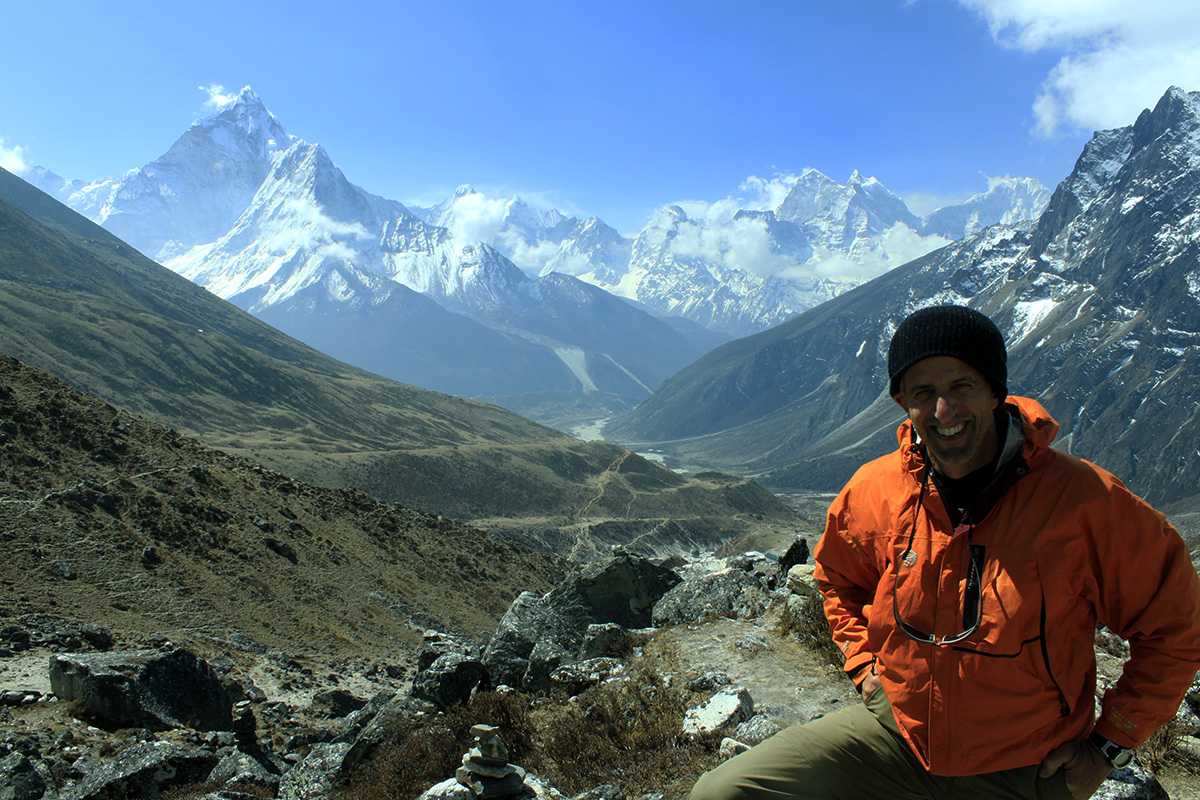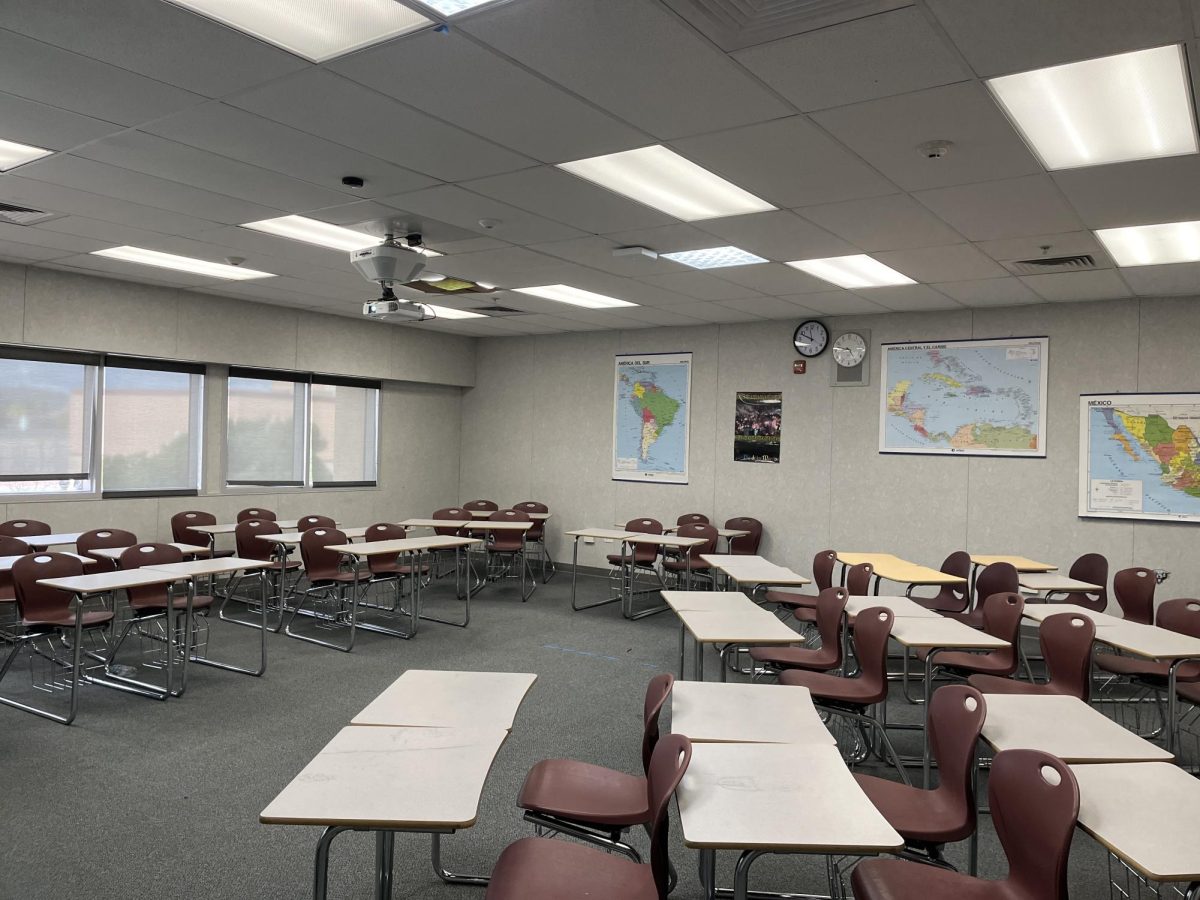Mark Dimaggio prepares to depart from PRHS and leaves a legacy behind
Thirty two years and six different courses have exposed Mark Dimaggio to three decades of students and staff, all of whom have been impacted by his pure humility, kindness, and drive to make a difference in his corner of the world. Summing up his years here as “meaningful, fulfilling, and adventurous,” Dimaggio is leaving behind fond memories, field studies programs unique only to PRHS, and a legacy to last ages.
“I guess overall it’s just been super positive for me. I have no regrets. It’s bittersweet to leave. In some ways I’m excited about leaving, because of new things I’m going to have time to do in my life, but at the same time sometimes I can believe I’m not going to be in this room next year. It’s really strange, but I hope it’s the right thing,” he said.

Mark Dimaggio told us that he is excited to leave and have more time to do new things.
Arriving to PRHS in 1986, Dimaggio has since taught Earth and Environmental science, physical science, Biology, geo, Marine Biology, and numerous field studies courses. Although he will no longer be instructing a class, he will continue coordinating and chaperoning each field study, including Santa Cruz Island, Joshua Tree, Marine Intertidal, Ethnic Studies Oral History, as well as an upcoming online astronomy study and a program in which students work with Cal Poly chem majors in chem labs.
Each study has been created in the last couple decades as a result of Dimaggio and his coworker at the time, Ken Ward. The two were co-advisors of Hiking and Environmental Club, and has taken members on field trips, but wanted to go a bit farther. Ward called up the nature conservancy, who had recently taken ownership of Santa Cruz Island, and asked if there was any need for student help. The conservancy allowed a group to work alongside them in the summer and eventually in the fall as well.
Affecting more than the science program, Dimaggio left his mark on decades of students as well. Both Gaylene and John Paul Ewing were taught by him before becoming teachers at PRHS themselves.

Gaylene Ewing remembers looking forward to Dimaggio’s class and conversations. 
John Ewing was a student of Dimaggio.
“I remember always really looking forwards to his class and enjoying our conversations. I felt like what I was thinking as a high school student was really valuable to him. That made me really motivated,” Gaylene said, who took Geo with him in her junior year.
Dimaggio’s influence directed both of these former students into a career in science, in which they were able to know him as coworker rather than a teacher.
“I couldn’t just sit around at lunch anymore and worry about high school drama because I realized the world was so much larger than this 80 acre plot of land,” John Paul said, continuing, “That was the class that really opened my eyes and that’s why I majored in ecology. Really, his class is kind of what directed me into [this field].”




